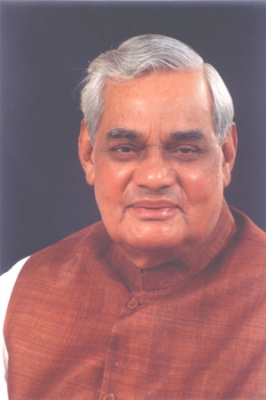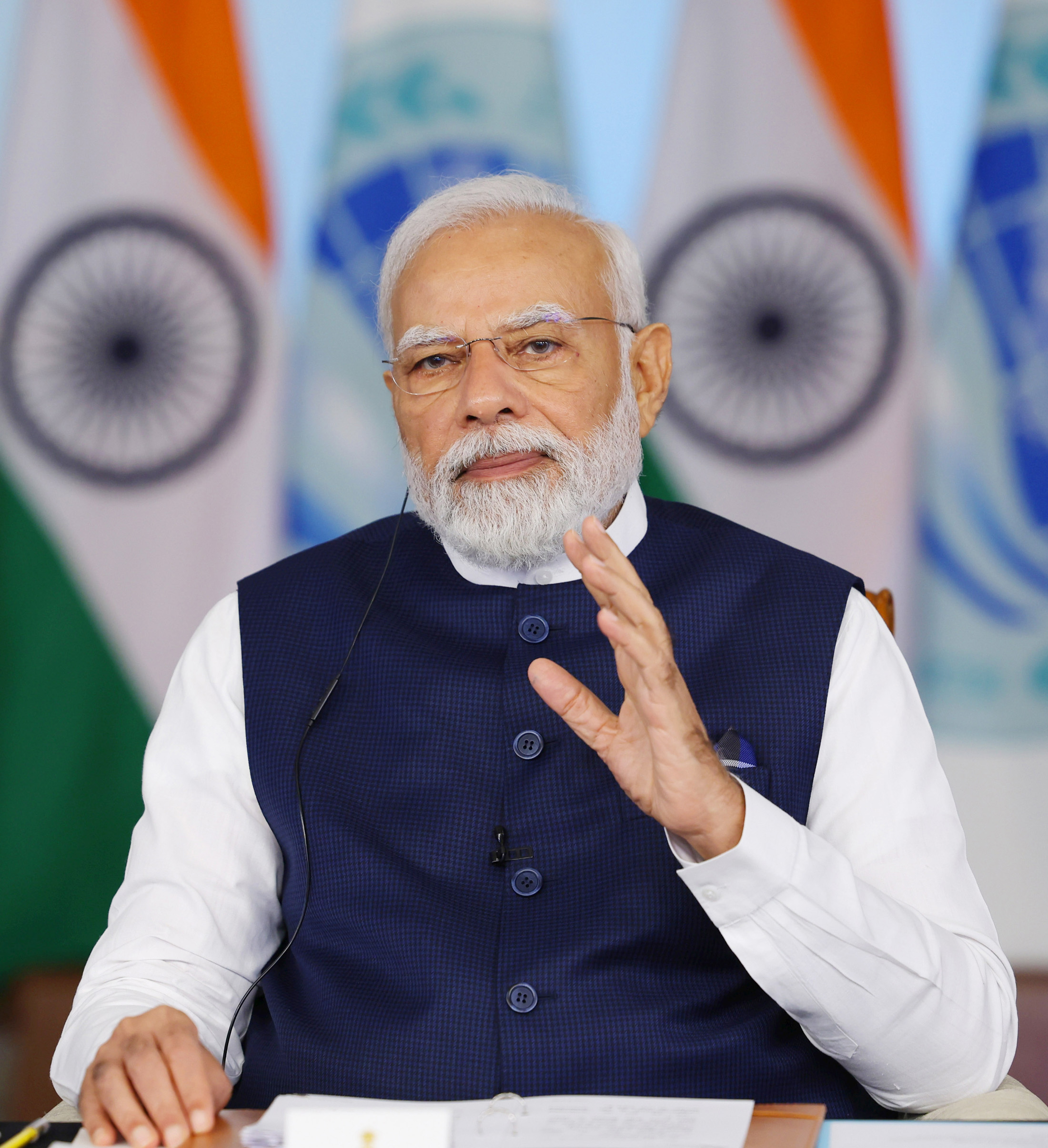The said and the unsaid
Ravi Shanker Kapoor | August 21, 2018 8:56 pm

The picture of Atal Bihari Vajpayee portrayed by the media and others after his death is that of a cultured man who was universally loved and generally admired. His demise afforded Left-liberals an opportunity to peddle their narrative at the expense of Prime Minister Narendra Modi and Bharatiya Janata Party president Amit Shah. Which they did with aplomb.
A golden era in a not-so-distant past was portrayed in Biblical terms. The political arena in that age was a veritable Garden of Eden in which all creatures—socialists, communists, liberals, Sanghis, et al—lived in perfect harmony. There were squabbles and even squalls in that realm but ultimately everything got settled cordiality.
And then enters the evil serpent (read Modi). And comes the Fall, circa 2014. Intellectuals bemoaned the Fall; they adoringly remembered Vajpayee as a patrician of the long lost political paradise. As Rajdeep Sardesai wrote in Hindustan Times (August 17), “Atalji, in a sense, was the torchbearer of a gentler political era where dissent was not criminalized and the Opposition not demonized as ‘anti-national’.”
The subtext of this homage to the former prime minister is more important than the text; and the subtext is a severe indictment of the present ruling dispensation: now, dissent has been criminalized and the Opposition demonized as ‘anti-national.’ This indeed was the leitmotif running through the various stories told by the grandees of the Left-liberal establishment. Everything said to laud Vajpayee also, in effect, implied that the opposite was true for Modi.
Vajpayee was amiable, Modi is petulant; Vajpayee was liberal, Modi illiberal; Vajpayee was refined, Modi boorish; Vajpayee was loved by friends and rivals, Modi is hated by them; Vajpayee respected allies, Modi bulldozes them. To be sure, not many directly slammed Modi, but the implications were as clear as day. What was unsaid was more important than what was said.
It would be instructive here to investigate whether the idyllic picture of the political arena of the past that our intellectuals painted does bear any resemblance to the reality. The public discourse in India suddenly didn’t become dirty with the rise of Modi. The ground was prepared by the slow but steady entrenchment of argumentum ad hominem, the form of argumentation in which the arguer rather than the argument is attacked.
In the supposedly golden period of liberality, it was the Left-liberals who had employed Ad hominem with devastating effect. A few illustrations: If somebody favors liberalization and foreign investment, they are accused as being a stooge of big business and multinational corporations; if somebody says that the draconian section 498A be removed as it is unjust and open to abuse, they are denounced for being anti-women, misogynist, etc.
It would not be inappropriate to say that the Right is paying the Left back in the same currency—or, to use an un-Hindu idiom, it is a case of miyaan ki jooti miyaan ke sar.
Not long ago, BJP leaders were beyond the pale in the Left’s scheme of things—the only scheme that mattered. Anything BJP politicians said or stood for was ‘communal,’ ‘divisive,’ ‘bigoted,’ etc. Even the most soft-spoken gents like Vajpayee and L.K. Advani. The statements they made, the agenda they pursued—everything they said and did was trashed not because the fellow-travelers found fault in their arguments but because the BJP was communal, majoritarian, and fascistic. There was no tolerance of the views not in consonance with mainstream (which was Left-liberal) thinking; there was no respect—indeed there was only disdain—for those who expressed alternative opinion. The Left was always right and the Right always wrong. Reason had a very little role to play in debate.
Consider an essay, ‘The End of Imagination,’ that Arundhati Roy penned for the August 3, 1998, issue of Outlook magazine in the wake of Pokhran II. She wrote, “Who the hell is the Prime Minister to decide whose finger will be on the nuclear button that could turn everything we love—our earth, our skies, our mountains, our plains, our rivers, our cities and villages—to ash in an instant? Who the hell is he to reassure us that there will be no accidents? How does he know? Why should we trust him? What has he ever done to make us trust him? What have any of them ever done to make us trust them?”
Quite apart from the impertinent language (“Who the hell is the Prime Minister”), the outburst was so puerile that nobody would have noticed it had it not been authored by a Booker winner. Well, the Prime Minister was the lawfully elected chief executive of the largest democracy in the world.
The point to be emphasized here is that even though Vajpayee was soft-spoken and genial, he too, along with other Rightwing luminaries, was frequently trashed.
But now the boot is on the other foot; today the Right is might and the Left has been rendered irrelevant. Left-liberals resent this. They long for the era in which they could savage anybody with impunity. They resent that Vajpayee didn’t retaliate as fiercely as Modi & Co does. This is the reason that they miss Vajpayee.






























